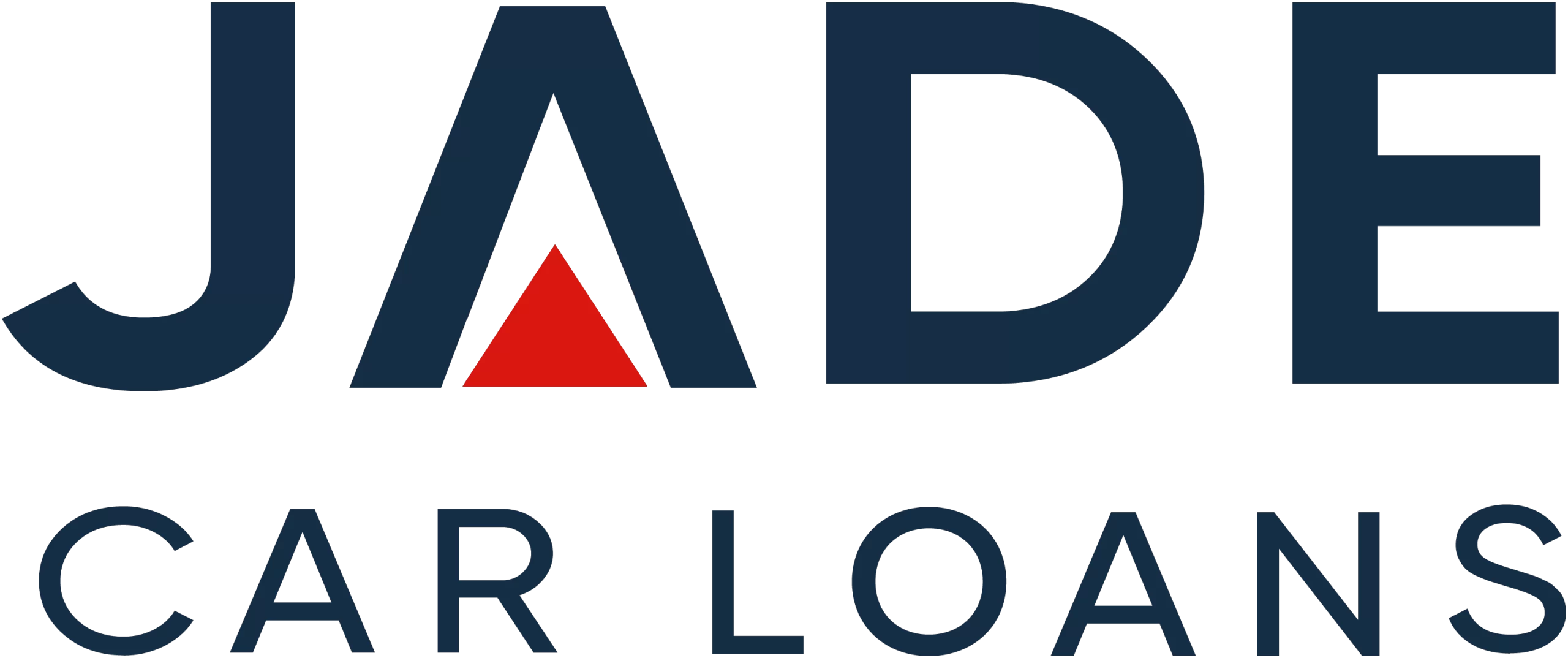What? Why are we talking about the end of financial year activities when its only November? Well when you’re considering purchasing new motor vehicles, you need to plan ahead at the moment. And if you want to take advantage of the tax benefits to business from temporary full expensing, that may mean planning new vehicle purchases well ahead. As in, possibly 6 months.
With many of the new cars sold in October for pre-orders, if planning to use temporary full expensing, business should consider ordering vehicles ASAP. While the FCAI noted in releasing the October car sales data that supply appeared to be easing, there was a key comment from other sources worth special mention. A great percentage of the new car sales in October were to pre-orders/wait list customers.
For some very popular models, there have been long delays in delivery with reports of 6 months or so. The current off of temporary full expensing expires on 30 June 2023. Do the maths and the situation becomes very clear.
We explain what is so attractive to business from utilising temporary full expensing and what is the most suitable motor vehicle finance for this purpose.
What’s on offer with temporary full expensing
For starters, temporary full expensing is only available for businesses, not private car buyers. In order to be eligible for business vehicle finance, must have an ABN at the very least. Temporary full expensing is an accelerated asset depreciation measure.
‘Temporary’ means it is only available for a limited time. The current timeframe has been available since April 2020 when it was originally launched as a stimulus measure, more commonly and originally referred to as Instant Asset Write-off. It expires on 30 June next year so eligible assets must be acquired and operational in the business prior to that date.
The ’full expensing’ refers to the full value of the new assets can be fully expended or depreciated or written-off in the same year as they were acquired. For businesses seeking a boost in paying less tax in that year, this can represent a distinct benefit over the usual asset depreciation schedule.
Deducting the full value of a new vehicle would reduce the taxable income of the business and hence the amount tax which is payable in that financial year. In doing so, it may also trigger eligibility for Loss Carry Back Offset. That is another measure currently on offer only until the end of the current financial year. It allows losses to be ‘carried back’ rather than the usual ‘carried forward’. For businesses that showed a profit and paid tax in the relevant years as stipulated by the ATO this may mean receiving a refund on tax paid in earlier years.
So all in all, this could be a very advantageous measure to consider. A conversation with the business accountant is advisable to ensure the business is eligible with the appropriate accounting method in place and other issues.
Eligible Vehicles, Eligible Businesses
Business operators should check all the details around eligibility for temporary full expensing in regard to the assets, ie vehicles and the business. The ‘assets’ must be new assets not refinanced. Most new motor vehicles including passenger vehicles, cab chassis, vans and SUVs should be eligible. The asset must be a depreciable asset, which brings in the issue around choice of finance, which we will come to.
Eligible businesses must come under the turnover threshold which does cover the majority of enterprises in Australia.
Suitable Motor Vehicle Finance Option
Key to being able to depreciate or fully expend an asset is purchasing with the appropriate finance product. In order to be in a position to depreciate an asset, it must be ‘owned’ by the business, in other words, appear on the balance sheet. The asset can be ‘under finance’.
The most appropriate form of business vehicle finance for this purpose is considered to be car loans for sole traders. With this form of finance, on settlement, the ownership of the vehicle is transferred to the business and as such is posted to the balance sheet and can be depreciated.
To clarify this aspect, compare with Business Motor Vehicle Leasing where the ownership of the vehicle remains with the lender. It does not transfer to the business until the finance is finalised.
Another great attraction for Chattel Mortgage is that it has the lowest interest rate of the range of business vehicle finance products. With the RBA set to increase the cash rate again, any savings on achieving a lower interest rate will be most welcome by most operators.
New Businesses: Low Docs and No Docs Options
Small and new businesses may be eligible to take advantage of temporary full expensing with new vehicle acquisitions. To assist with the finance aspect, we offer Low Docs Car Loans for these types of businesses. It can often be a challenge for this category of businesses to secure workable finance at affordable interest rates. Our Low Docs Loans are designed to assist businesses to achieve exactly that – affordable motor vehicle finance that will work with the cash flow of a burgeoning operation.
Now you have the details, it may be time to start looking at vehicles and speak with us about pre-approved finance to get a good idea of how much your business would be approved to borrow and with what estimated repayments.
Contact Jade Car Loans at 1300 000 003 for Chattel Mortgage car finance for use with temporary full expensing.
DISCLAIMER: IN REGARD TO MISREPRESENTATIONS AND ERRORS CONTAINED IN THE MATERIAL AS PRESENTED, LIABILITY IS NOT ACCEPTED. THE DETAILS AND CONTENT IS PROVIDED FOR CAR BUYERS AND INDIVIDUALS AND BUSINESS SEEKING FINANCE PURELY AS GENERAL INFORMATION. THIS IS NOT PROVIDED AS THE ONLY SOURCE OF FINANCIAL INFORMATION. ANYONE THAT CONSIDERS THAT NEED FINANCIAL ADVICE ABOUT THEIR SPECIFIC REQUIREMENTS SHOULD SEEK THEIR OWN FINANCIAL ADVISOR.


